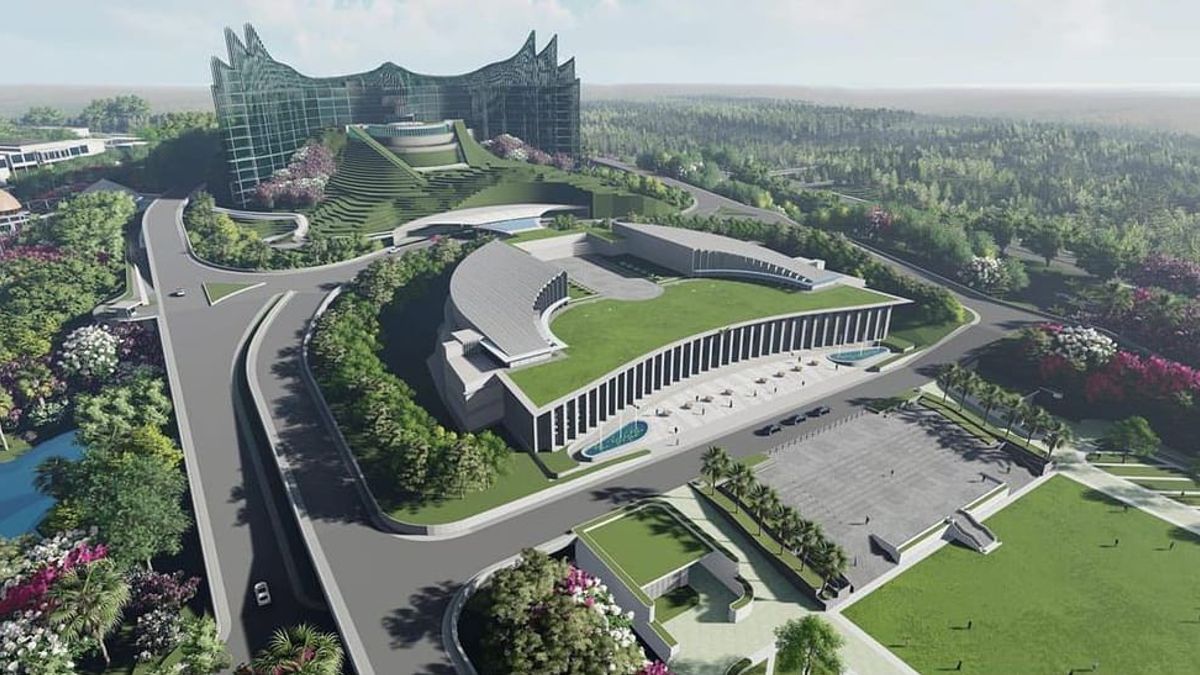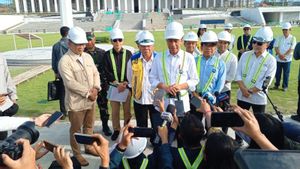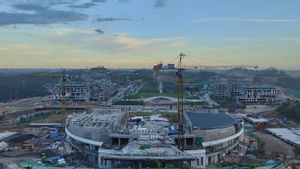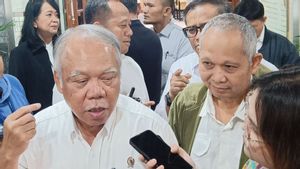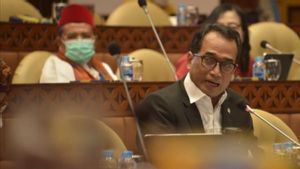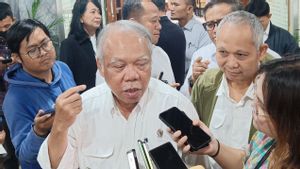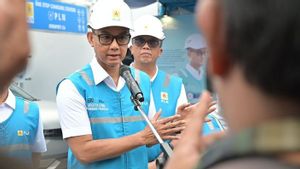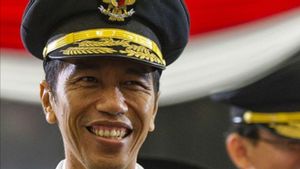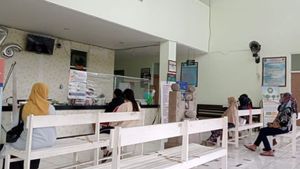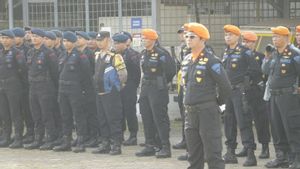President Joko Widodo (Jokowi) has a big dream: to celebrate Indonesia's Independence Day on August 17, 2024, in the Nusantara national capital (IKN). This project is predicted to be a symbol of Indonesia's progress and equitable development. However, behind this optimism, there are major challenges and shaIDR criticisms that cast doubt on its success.
The development of the IKN Nusantara in East Kalimantan is considered a strategic step to overcome Jakarta's congested and disaster-prone problems. With a budget of up to IDR400 trillion, the project is expected to drive new economic growth and create vast employment opportunities. Until 2024, the government has disbursed more than IDR71.8 trillion from the state budget for the initial phase of development.
However, the resignation of the Head of the IKN Authority, Bambang Susantono, in June 2024 has been in the spotlight. Jokowi said the reason for his resignation was personal, but speculation and criticism have emerged. The Coordinating Minister for Maritime Affairs and Investment, Luhut Binsar Pandjaitan, expressed his disappointment at the slow administrative and bureaucratic processes that hamper investment.
President Jokowi then appointed PUPR Minister Basuki Hadimuljono and Deputy Minister of ATR/BPN Raja Juli Antoni as Acting Head and Deputy Head of the IKN Authority. They are mandated to accelerate ongoing development. The government ensures that the sixth phase of ground breaking continues as planned. President Jokowi has already carried out the groundbreaking of a number of facilities in early June 2024, demonstrating his serious commitment to the project.
In theory, IKN Nusantara is expected to become a modern and sustainable smart city, with state-of-the-art and environmentally friendly infrastructure.
Acting Head of the IKN Authority, Basuki Hadimuljono, explained that the progress of IKN development has reached 80 percent for phases 1 and 2 with APBN funds. However, efforts to attract investment are still a big challenge. Until now, no foreign investors have committed to invest in IKN, despite various incentives being offered.
Another major problem is agrarian issues. Potential land conflicts have become a scourge that hampers the development process.
Criticism from political circles has further strengthened doubts about the project. PDIP Secretary General, Hasto Kristiyanto, criticized the rushed and ill-considered project planning. Former Governor of DKI Jakarta, Anies Baswedan, argued that the decision to relocate the capital was taken without sufficient public debate, showing a lack of transparency and public participation.
Behind this grand ambition, there is a glaring paradox. On the one hand, the government is trying hard to attract investment and promising various benefits for investors. On the other hand, the slow pace of bureaucratic processes is a major hindrance. The government plans to announce a number of major projects to be undertaken by the private sector, including the construction of international hospitals and educational facilities. However, until now, there has been no concrete realization.
SEE ALSO:
The IKN project is a symbol of new hope for Indonesia, but this hope must be accompanied by concrete actions that are transparent and accountable. Bambang Susantono's resignation may reflect deeper problems. An in-depth evaluation of the entire project planning and implementation, as well as a major overhaul of the IKN Authority, may be needed to ensure the project's success.
Whether or not the IKN project will succeed depends on the ability of the government and the community to work together to overcome any challenges. The August 17 celebration at IKN Nusantara is expected to be a milestone for Indonesia. However, if the underlying issues are not addressed, the project might just be another story of ambition running aground.
Like the story of Roro Jonggrang, where Bandung Bondowoso mobilized spirits to build the temple, the IKN project faces huge challenges that seem impossible to overcome in a short time. For the community, the IKN project is a symbol of hope for equitable development and improved quality of life. However, this hope must be accompanied by transparency, accountability and public participation. The government must be able to convince all parties that this project is not just a big dream, but a vision that can be realized with hard work and joint commitment. So, we can only wait, whether the Nusantara will become the future capital city we dream of, or will just be another story of unrealized ambition.
The English, Chinese, Japanese, Arabic, and French versions are automatically generated by the AI. So there may still be inaccuracies in translating, please always see Indonesian as our main language. (system supported by DigitalSiber.id)
